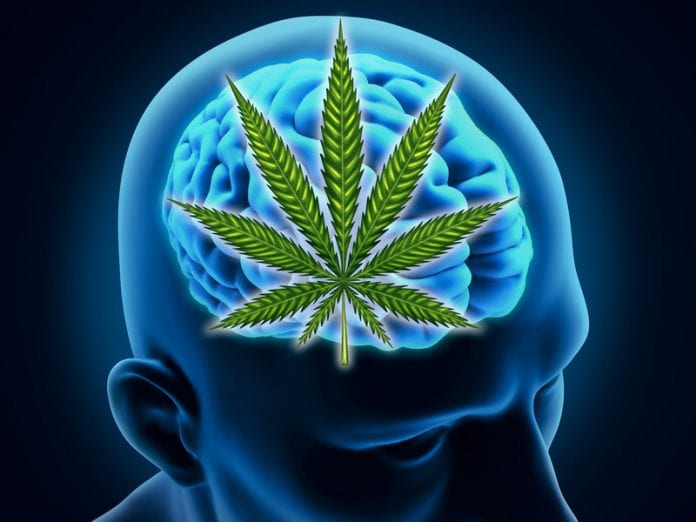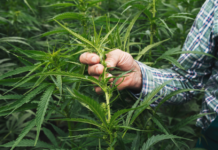More and more countries and states decide to legalize the use of marijuana these days. It is considered as an almost harmless drug and, what’s more, as something that can help you – it’s already known for its medical benefits. People all over the world use marijuana to relieve pain, reduce anxiety and relax, and there is research underway that can prove it to be helpful, in the right dosage, in treating the symptoms of mental disorders. But fewer people realize that the weed can also have long-term negative effects on your brain. So how marijuana affects it exactly?
It helps you to sleep well
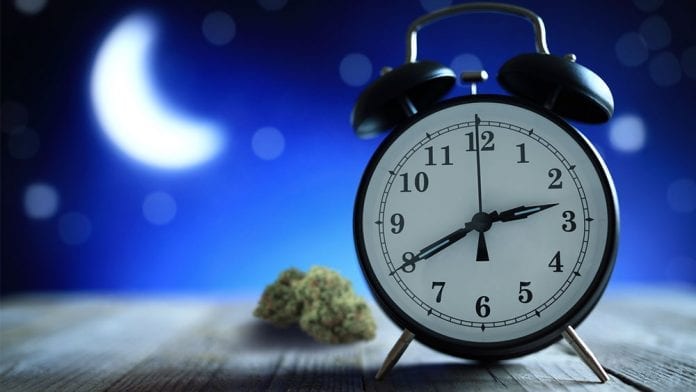
According to ThriveNevada, marijuana promotes deep sleep. Smoking reduces problems with falling asleep and it lets you spend more time in a deep sleep. Additionally, research shows that weed reduces the time spent in REM sleep, therefore it eliminates the risk of nightmares – or dreaming at all. Thanks to that, it’s especially helpful to people who suffer from emotional and psychological traumas.
It affects your mental health
For many people, the main reason to use marijuana is getting high. THC, the psychoactive part of cannabis, stimulates the part of your brain that’s connected to pleasure – that’s why very often you crave food or sex. It unleashes dopamine which makes you happy and relaxed. Everything depends on a person. Some doctors observed that the right dosage of weed actually helped their patients with the symptoms of various mental disorders. Unfortunately, there are cases of weed worsening one’s mental condition. It can lead to chronically depression or makes it even harder for someone who already suffers from mental disorders. If you use too much, marijuana can make you paranoid or even psychotic.
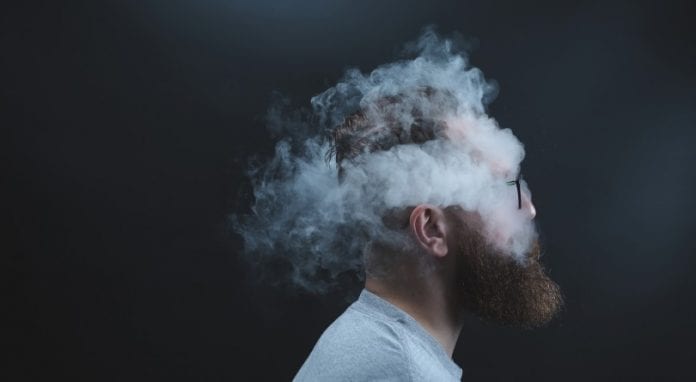
It affects your memory
It’s not the case for everyone, but smoking marijuana is likely to impair your memory and your ability to stay focused and pay attention. THC alters the hippocampus which is responsible for information processing. It helps you relax, but it also doesn’t let you think too much. You may encounter troubles while learning or working, and if you smoke a lot and regularly, it can be permanent. If you start to smoke as a teenager, it may lead to the irreversible loss of IQ points. That’s probably because, during that age, the brain is still developing and changing.
It may distort your thinking
So-called neural noise is a mess that THC creates in your neural activity. This is probably why there are people who get paranoid and hallucinate after smoking. Even if you don’t have any psychosis-like symptoms, it can still affect your perception of time and place, heighten your senses (the world seems very bright and noisy) or impair your motor skills (that’s why you shouldn’t drive when you’re high).
It may protect your brain
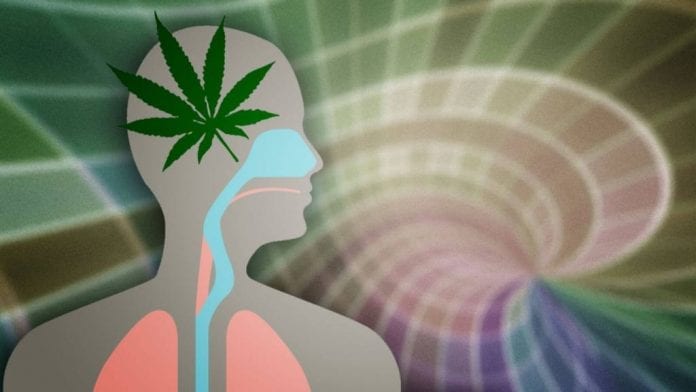
Some studies show that THC can slow the progression of Alzheimer’s disease. It limits the production of amyloid plaques which are responsible for killing your brain cells. What’s more, it can reduce the area of your brain affected by the stroke, therefore it protects your brain from damage. According to some research, by doing that, they can also guard your brain from harm during accident complications, e.g. concussions, or when you take different harmful medications (but always consult with the doctor first).
It can impair your reward system
Weed smokers may react differently to some events than non-smokers. If you use it regularly, it actually becomes more desirable for you. By doing that, it makes other experiences seem less enjoyable. It’s not that common, but still possible to become addicted to marijuana which leads to a situation where a person can’t stop using even if it brings damage to all the other aspects of their life.
All these possible threats don’t have to stop you from using. It’s important to do everything in moderation. Use marijuana with caution, don’t stop monitoring yourself and ask your family and friends to do the same. Then, if you see that getting high only helps you to relax and you don’t suffer from any side effects, it means you can keep using – only responsibly. It’s like with other drugs, alcohol or even chocolate.
